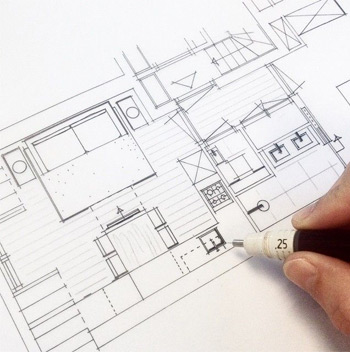Home Loan in India
A home loan is a loan that is specifically used to finance the purchase of a house. It is also known as a mortgage.
Home loans typically have long repayment periods, ranging from 15 to 30 years, and the interest rates are usually fixed. They can be obtained from banks, credit unions, mortgage companies, and other financial institutions.
Home Loan Interest Rates in India
Interest rates on home loans in India vary depending on a number of factors, including the lender, the type of loan, and the borrower's creditworthiness. In general, home loan interest rates in India range from about 6% to 12%.
In some cases you can find rates as low as 5% or as high as 18%
The most popular type of home loan in India is the fixed-rate loan, in which the interest rate remains constant throughout the loan period. Adjustable-rate mortgages, in which the interest rate can fluctuate, are also available, but they are less common.
It's important to shop around and compare rates from multiple lenders to find the best deal on a home loan in India.
Documents Required to apply for Home Loans in India
The documents required for a home loan in India may vary depending on the lender and the borrower's specific circumstances, but some common documents that are typically required include:
- Identity proof: This could be a passport, driver's license, PAN card, voter ID, or aadhaar card.
- Address proof: This could be a utility bill, bank statement, or rental agreement.
- Income proof: This could be salary slips, income tax returns, or other documents that show your income.
- Employment proof: This could be a letter from your employer or proof of your business.
- Bank statements: Lenders may require recent bank statements to see how you have been managing your finances.
- Property documents: If you are purchasing a property, you will need to provide documents such as the sales agreement, title deed, and property tax receipts.
It's a good idea to check with your lender to find out exactly which documents are required for your home loan application.
The loan is secured by the property, which means that if the borrower defaults on the loan, the lender can foreclose on the property and sell it in order to recoup the money that was lent.
What people are asking about Home Loan?
Does a loan for constructing a plot provide tax benefits?
A: You are eligible for the following tax benefits once construction is finished. The benefit of taxation under Section 80C: According to Section 80C of the Income Tax Act, you may deduct up to Rs. 150,000 annually from the principal repayment portion of your plot loan.
Do we need to build a house if we take a plot loan?
A: You can only buy "residential plots" using loans, so if you do, you'll have to build a house there within two to three years of purchasing the plot. You can't merely purchase a plot and choose not to build a house on it.
Which bank offers the best rates on a plot loan?
A: The bank with the lowest interest rate, the greatest customer service, and the longest term will be the best for a plot loan. You must review the list of banks and their interest rates to take advantage of the finest deal.
What are the most affordable banks for plot loans in India?
A: HDFC, SBI, ICICI and PNB are some of the most affordable banks for plot loans in India.
What is the longest land loan you can get?
A: Land loans are basically for short term with tenure of 2 to 5 years.
What is a good credit score?
A: Good credit score is 720 or higher.



